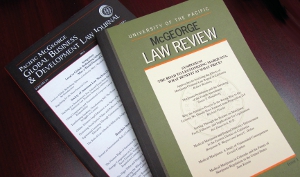Document Type
Article
Publication Date
2017
Abstract
Certificate of need (“CON”) programs were conceived approximately fifty years ago as supply constraint mechanisms for healthcare services, in an environment that is essentially unrecognizable today. Every aspect of the healthcare landscape has changed dramatically, particularly in the years since the enactment of the Affordable Care Act. The historical rationales in support of CON programs have been vigorously questioned by scholars across disciplines, roundly criticized by the federal government, and largely disproven by research. Yet the status quo persists with thirty-five states retaining CON laws, due in large part to a combination of entrenched interests and political inertia that prevents either repeal or significant modification. Still, proponents of a more efficient healthcare model need not lose hope. Kentucky was widely recognized as among the most successful states in its implementation of the Affordable Care Act. As part of its implementation efforts, the Commonwealth reformed its CON program to reward healthcare providers who embrace rather than resist the changes occasioned by healthcare reform. While the eventual impact of Kentucky’s CON modernization cannot yet be known, these reforms may offer insights for additional states as they consider whether and how to reform their own CON programs. Indeed, rather than being a historic relic that must be tolerated in the absence of political will for change, it may be possible for a modernized CON program to serve as an additional regulatory tool for states seeking to nudge their healthcare providers into fuller engagement in the post- Affordable Care Act healthcare landscape
Publication Title
KY. L. J.
Volume
105
First Page
201
Recommended Citation
Emily Whelan Parento, Certificate of Need in the Post-Affordable Care Act Era, 105 KY. L. J. 201 (2017).



